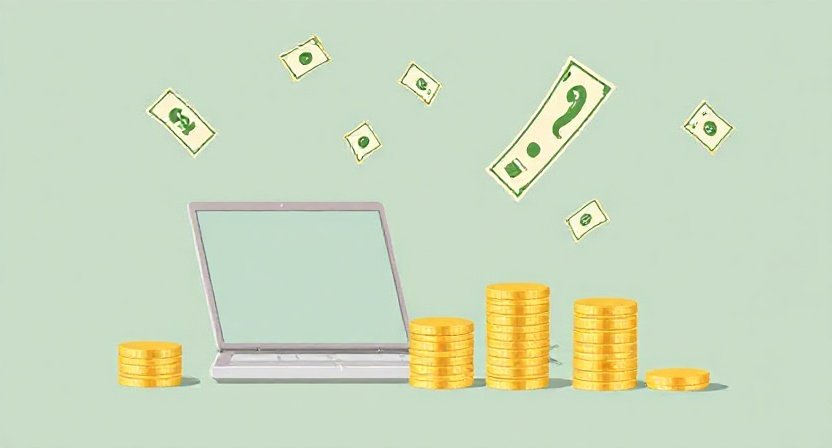In 2025, a fascinating shift has taken place in the American economy. After years of "revenge spending"—a term coined to describe the post-COVID urge to splurge on travel, luxury, and entertainment—consumers have done a complete 180. Now, it's all about revenge saving.
What is Revenge Saving?
Revenge saving is the deliberate act of aggressively cutting expenses and boosting personal savings. Unlike traditional saving practices, this trend is driven not just by financial prudence but by emotional reaction—a response to the instability, inflation, and excesses of recent years.
Why Are Americans Locking Down Their Wallets?
Economic Uncertainty
From interest rate hikes to tech layoffs and global conflicts, many Americans feel financially insecure. The volatility of the markets has made people cautious, prompting a cultural shift from indulgence to security.
Inflation Fatigue
The cost of groceries, petrol, rent, and healthcare continues to rise. The result? People are pulling back on discretionary spending to combat the erosion of their purchasing power.
Credit Card Overload
US credit card debt hit an all-time high in late 2024. In response, consumers are prioritising debt repayment and avoiding new liabilities.
Housing Crisis
The dream of homeownership has been deferred for many. With sky-high interest rates and low inventory, potential buyers are putting money aside in hopes of a more stable housing market.
Emergency Preparedness
COVID-19 left a lasting psychological impact. Many Americans, especially Millennials and Gen Z, now believe that financial stability is essential for mental peace.
Key Data Points
The average US savings rate climbed to 5.2% in Q1 2025, up from 3.8% in 2023.
Online searches for "how to save money" rose by 60% in the first half of the year.
Budgeting apps like YNAB and Mint saw a 40% increase in downloads.
How Are People Saving?
No-Spend Challenges: Monthly challenges to only spend on essentials.
Meal Prepping: Reducing takeout costs.
DIY Repairs: Fixing rather than replacing household items.
Second-Hand Shopping: Thrift stores and Facebook Marketplace are booming.
Impacts on the Market
This new saving culture is already affecting multiple sectors:
Retail: Luxury and fast fashion brands report declining sales.
Travel: Domestic tourism is rising while international travel lags.
Finance: Banks are launching high-interest savings accounts and tools to attract savers.
Is This Just a Phase?
Experts are divided. Some believe it’s a short-term reaction to economic stress, while others argue it's a generational reset. Gen Z and younger Millennials, having experienced two major recessions, are more cautious with money than their predecessors.
Conclusion
Revenge saving is more than a financial trend—it's a cultural reset. Americans are rewriting the rules of spending and saving. Whether this lasts beyond 2025 remains to be seen, but one thing is clear: consumers are no longer chasing indulgence—they’re investing in resilience.



